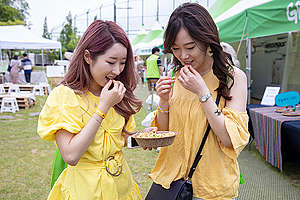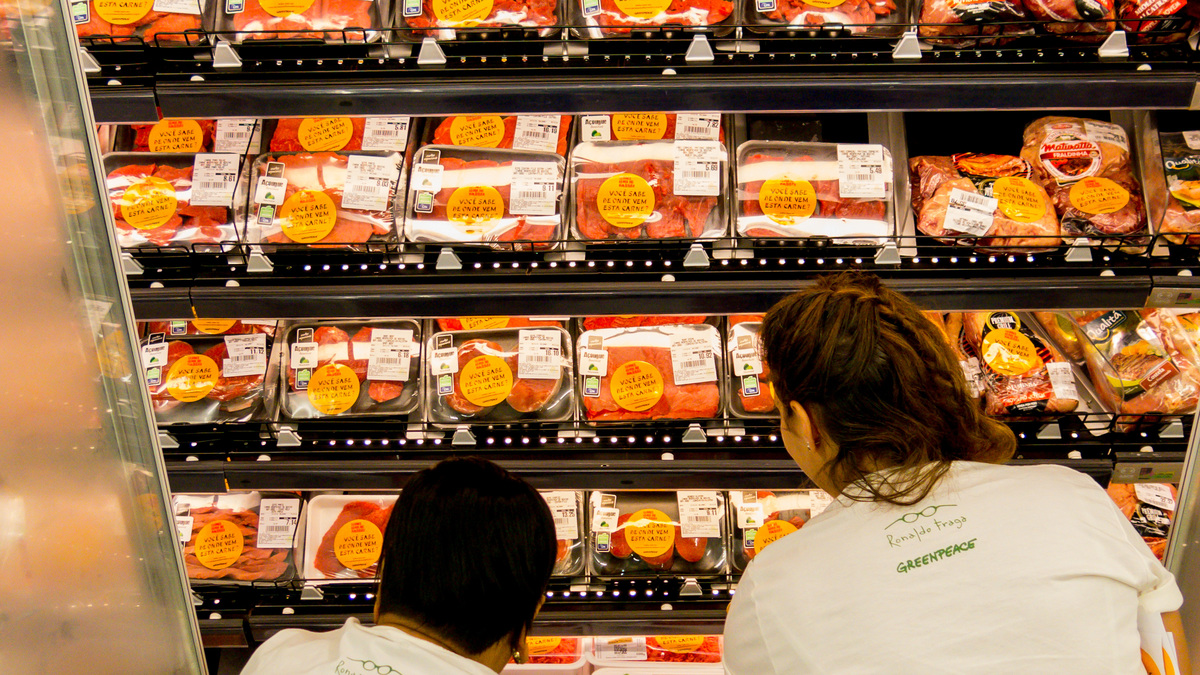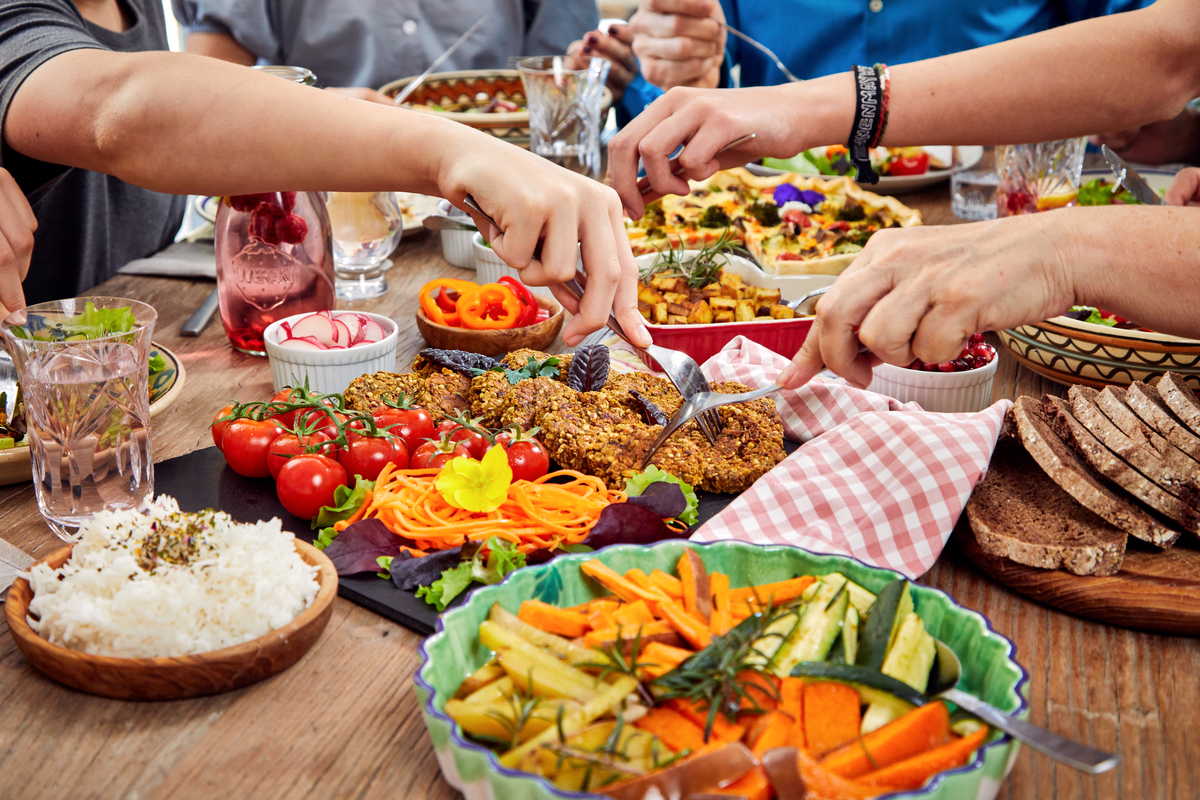
Girls enjoy a snack together at an outdoor festival.
If there’s one thing that brings everyone together, it’s food- glorious food! But whether we eat for necessity or for pleasure, we often don’t pay attention to the food we consume, particularly on how it was sourced and produced.
At the moment, meat consumers in Southeast Asia are on the alert because of African Swine Fever- harmless to humans but fatal to pigs. With our unhealthy food systems, there is a need for people to be more discerning and critical of what’s being produced and sold in markets and groceries. For consumers who are becoming more health-conscious and want more sustainable options especially for meat products, it is important to find out if the meat is safe to eat, or free from chemical contaminants and drug residues.
Currently, the labels on meat products only tell us about basic information such as ingredients, expiry date and net content. We are basically in the dark and have no clue about the whole supply chain– from how the industry raises their livestock, their sources of animal feed, the amount of antibiotics used in animals, or other environmental impacts such as deforestation for livestock farming.

A Greenpeace campaign in Brazil to make customers aware of the relationship between meat production and the deforestation of the Amazon.
According to the Food and Agriculture Organization (FAO), the demand for animal-sourced food products will continue to grow in the years to come and along with it the use of antimicrobials that prevent animals from getting sick. If these antibiotics are not used properly, antimicrobial residues in food can also pose health hazards to consumers. Now that is very concerning.
The food industry is making us sick and it’s time we do something about it.
A 2018 report by the International Food Information Council found that shoppers are increasingly demanding transparency and a closer connection to their food, so much that 75% are more likely to switch to a brand that provides more in-depth product information, beyond what’s on the label. The statistic is increasing and that is good news.
With this new demand for food labelling for industrial meat products, consumers get to exercise their right to know about the food they are eating and how it will impact their health and the environment. Labelling also becomes a tool for transparency for the food industry to act and comply with what consumers want.
In Southeast Asia, it is important that we call on governments to start implementing food labeling- to accelerate the implementation of policies that will demand greater transparency in the meat industry and its supply chains, and to prevent the impacts of antibiotic residues used on meat products.
For consumers who are worried about the antibiotic residues, an option would be to choose ‘better meat’, produced by ecological farmers who raise livestock sustainably. These animals are free to move around to graze and feed and usually have a lower risk of contamination as antibiotic treatment is less likely to be used. Food labelling would definitely help consumers identify who these organic meat producers are, or know how the animals in their farms are raised to help them make an informed decision.
But the absolute best alternative would be to go meat-free and instead choose a plant-based diet. Ecological fruits and vegetables are not only good for our health, but great for the planet too! As you know, the food industry is responsible for around half of all greenhouse gas emissions that accelerate global climate change. Just a quick scan online reveals there is a growing and thriving food community that advocates for plant-based diets in the region.

A family eating a variety of plant-based food at home.
There is definitely more to food than just flavourful satisfaction. Food is what feeds and nourishes our bodies everyday, our power source to be able to function and get through life. So it’s important for consumers in Southeast Asia to be wiser especially in making decisions that not only impact our overall health, but the future of our planet as well.
Rattanasiri Kittikongnapang is the Meat and Dairy campaigner of Greenpeace Thailand. She has a soft spot for animals and is the proud human to four cats and one dog.
